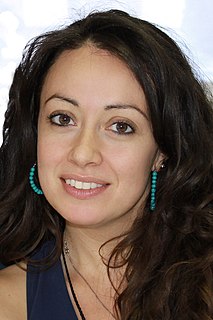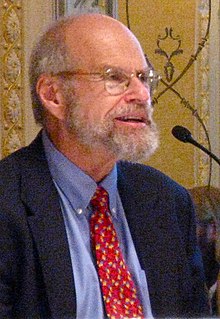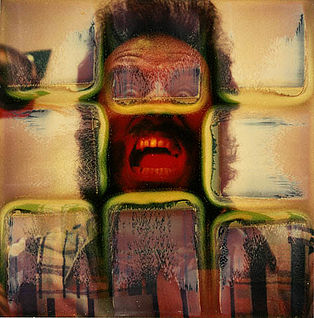A Quote by Alain de Botton
One kind of good book should leave you asking: how did the author know that about me?
Related Quotes
No one really knows the value of book tours. Whether or not they're good ideas, or if they improve book sales. I happen to think the author is the last person you'd want to talk to about a book. They hate it by that point; they've already moved on to a new lover. Besides, the author never knows what the book is about anyway.
I used to work for a non-profit organization where I worked as a mentor and a counselor to first-generation college student and they kept asking me 'What can I read to try to know what I'm about to be in for,' and while I did have some good suggestions, I figured... I don't know that that book is out there, and that's sort of why I had to write it.
Reading a book should be a conversation between you and the author. Presumably he knows more about the subject than you do; if not, you probably should not be bothering with his book. But understanding is a two-way operation; the learner has to question himself and question the teacher, once he understands what the teacher is saying. Marking a book is literally an expression of your differences or your agreements with the author. It is the highest respect you can pay him.
I spent many years writing and directing in radio drama, so I am comfortable with an audience or a microphone, but I do worry about the blurring of an author's public persona with the work itself. A good 'performer' can make a mediocre book sound strong, and a shy author can leave listeners missing the excellence of his or her writing.
I'm looking back at what I did and how it works. In a sense I'm waiting to see how people will respond. I'm waiting to see how you respond, without asking me to tell you what I think about it, because it is your job to give me an idea of how you go about thinking about this work. And if it's too absurd then, you know, I'll kick you out!
Writing a book about [Buckminster Fuller] in the sense of deciding how much to - how much biographically to gloss over and how much I can leave out is relatively easy as it is because the true believers already know everything. They know a lot of things that are not true and they know a lot of things that I thought were (and seems there's very good evidence not to believe) and therefore, my starting point was I think to tell his myth because that's what grabbed me.
To me a book is a message from the gods to mankind; or, if not, should never be published at all. A message from the gods should be delivered at once. It is damnably blasphemous to talk about the autumn season and so on. How dare the author or publisher demand a price for doing his duty, the highest and most honorable to which a man can be called?





































